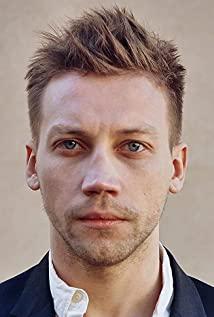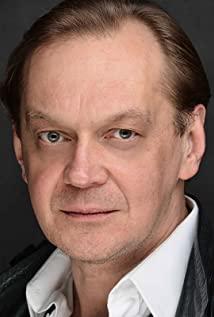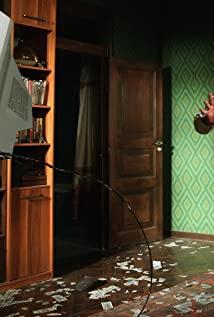Although a new crown epidemic this year has brought a surprise blow to the film industry, many new films could not be released as scheduled, and more film workers could not return to their jobs to start new films, but there are also a few lucky ones. The Russian film "Why Not Die" is believed to be an example. This debut film from director Kirill Sokolov had premiered at the Tallinn Night Film Festival in 2018 and received a lot of praise. The film was released in Russia and some Eastern European countries last year. Great echo. The film was originally scheduled to be released in the United Kingdom and the United States in April this year. Due to the epidemic, the filmmaker finally chose to stream media and release Blu-ray discs at the same time, allowing European and American movie fans to enjoy this sharp-edged debut during the epidemic isolation period, and even more unexpected gains. The critics' favor, it was an unexpected ending.
Although many people say that this film has a taste of Wong Kar Wai, in my opinion, the aesthetic styles of the two are not very similar. I think it is more like the French director Jean-Pierre Genet. The layout of the apartment, the wallpaper The colors, as well as the caricatures of the characters, are easily reminiscent of "Black Shop Rhapsody" or "Amelie", and this dark humorous style fits perfectly with the storyline. The narrative clues are relatively straightforward and simple, although some non-linear flashbacks and interludes are also used, but they are not as fancy as Quentin or Guy Ritchie. Most of the plots and scenes are confined to a small apartment. First, the actor, future father-in-law and mother-in-law appear, then the father-in-law's old friend is introduced, and finally, the girlfriend appears. The monotonous scenes of the living room, bedroom and bathroom are presented repeatedly, more like an experimental stage play.
What makes fanatical fans most fond of is the unrestrained depiction of violence. There are many scenes of gunfire confrontation and blood splashing, and the jaw-dropping pictures of self-abuse and abuse (killing) will definitely make audiences who can’t bear the heart be prepared. tormented. This stylized, violent aesthetic is not new, and has already set the bar in British director Danny Boyle's early work and South Korean director Park Chan-wook's revenge trilogy. The advantage of this play is that it is not blindly indulging in violent displays, but constantly throws out sharp and explosive social topics, showing various dark sides and human evils of contemporary Russian society: police corruption, official corruption, the twisted and perverted rich class, and suffering from money worship The eroding teenage generation makes the plot gradually fall into a pessimistic and hopeless atmosphere.
However, the director is trying his best to maintain an absurd and humorous tone, whether it is the noisy soundtrack, or the dazzling composition and photography, or the comic-style characters, or even the nonsensical way of dying, which is enough to show the director's attitude towards the style of the work. control. On the surface, this seems to be downplaying the oppressiveness of the subject matter, but as a result, it also weakens the critical strength of the subject matter. The new director seems to be a fan of Quentin. There is a scene in the film similar to Uma Thurman's "Pulp Fiction" plot. The male protagonist miraculously wakes up after being in a coma for more than ten minutes, which is a gimmicky tribute. It didn't play a key role in the narrative. Even in the last two scenes, when the father-in-law's old friend and the heroine appear, the male lead's presence begins to weaken. If it is to pave the way for the final reversal of the plot, the role of this character is obviously not enough, and more should be spent on the script. time.
However, I still admire the audacity and creativity of this young Russian director, who dared to dabble in all kinds of extremely sensitive social topics in a black comedy tinged with a cult, and was not afraid to make jokes about the dark side of his country . This may be due to Russia's loose film censorship policy and open and tolerant cultural environment, and it also proves that the new generation of young Russian directors pays close attention to the country's history and social reality.
View more about Why Don't You Just Die! reviews










